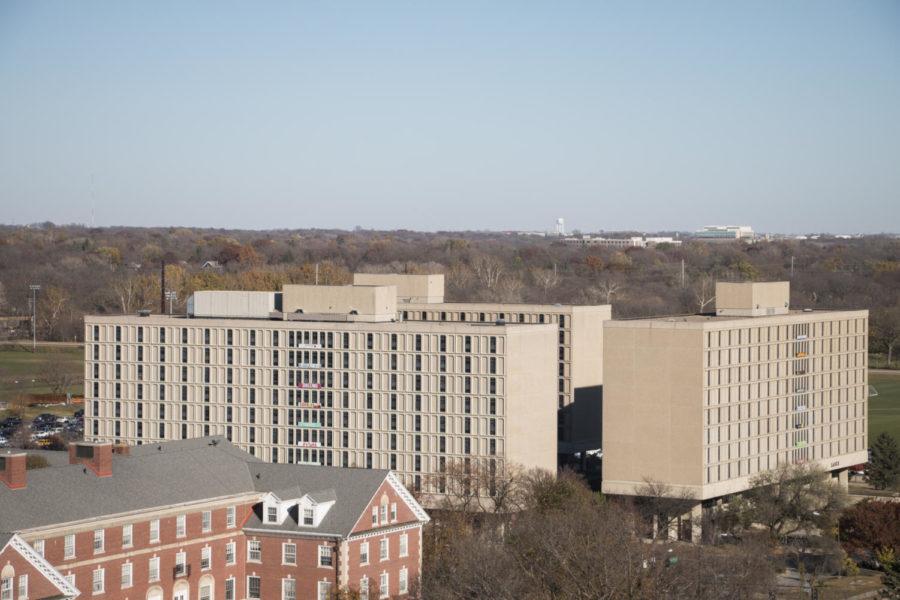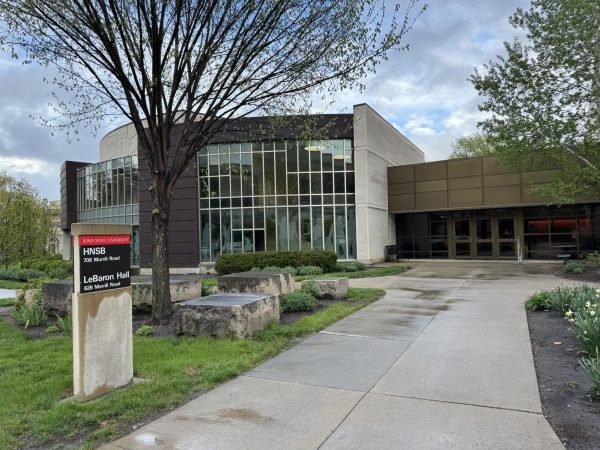Todd Kempel Profile
September 28, 2011
The J/Psi meson is a bit of an unusual thing in the
physics world and understanding how it works could influence
physics.
“It’s a very important piece for understanding a very
complicated puzzle,” said John Lajoie, a professor in the
department of physics and astronomy.
“We want to figure out how they are created, and how
they are bound. If we can figure that out, we can start to
understand how other particles, like the proton, are bound,” said
Todd Kempel, an alumni ISU Ph.D. student.
Kempel, who graduated in 2010, won the 2011
Brookhaven National Laboratory RHIC and AGS Thesis Award for his
thesis paper, “Understanding the J/Psi meson Production Mechanism
at PHENIX.”
For his work, Kempel received an award of $3,000.
“When I started my Ph.D. program, I had no idea what
I wanted to do in physics,” Kempel said.
While in the Ph. D. program, Kempel joined the
Experimental Nuclear Physics group. This group worked with the RHIC
experiment. PHENIX, or Pioneering High Energy Ion Experiment, is
the experiment and RHIC is the accelerator. The ISU Experimental
Nuclear Physics group is still a major player in PHENIX.
Within that group, Kempel worked with Lajoie, his
eventual thesis adviser, on making, developing, designing and
testing prototype trigger modules for the experiment.
“He did the hardware design, the software design in
the hardware, the whole kit and kaboodle,” Lajoie said.
It was not until later, after hearing much about it,
that Kempel decided to work in nuclear physics and eventually to
study the J/psi meson.
“The problem itself was interesting. People have been
trying to solve this problem since the ‘70s. There still wasn’t any
satisfactory answer,” Kempel said.
However, the award wasn’t the goal of Kempel’s work.
“It was a bit of an afterthought. My adviser suggested entering the
program; so I did,” he said.
“It was a fantastic physics result. It was a solid
piece of science. The way he wrote the thesis, everything from his
style of writing to the presentation of the material was very
clear, very complete. Good science, good thesis, there was no way
he could lose,” Lajoie said.
Although Kempel worked in nuclear physics and won an
award for his work, he has since moved out of that field. He now
works with software, specifically software that controls electronic
hardware, something that he also spent a great deal of time on at
ISU.
Asked which work Kempel preferred, he said “I liked
being able to switch between the two.”
















